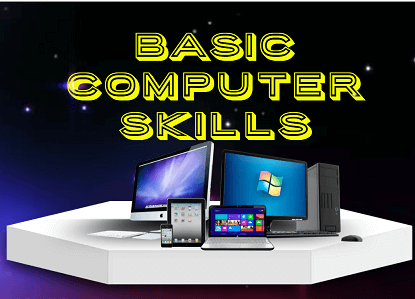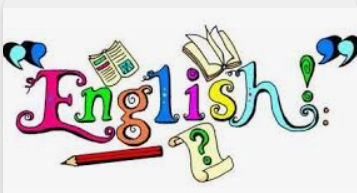B.A - I YEAR (SEMESTER I)
2024 – 2027
|
Course code |
101 |
|
Course type |
DSC |
|
Course Title |
Introduction to Communication and Journalism |
|
Teaching hours per week |
5 hours |
|
Credits |
5 credits |
1. Instructor-In-charge : Shivakumar Reddy
Email ID : shivakumar@stmaryscollege.in
About the Instructor
Shivakumar Reddy joined in June 2024 as an Assistant Professor, bringing a wealth of knowledge and passion to the fields of Media Laws and Ethics and Development Communication. With a robust academic background and a keen interest in the evolving dynamics of digital culture and political communication.
Currently pursuing his PhD at Andhra University, Professor Reddy's research is at the cutting edge of contemporary media studies. His focus on digital culture and political communication addresses the critical intersections of technology, society, and governance. This research is not only timely but also crucial in understanding the rapid changes in how information is disseminated and consumed in the digital age.
.
2. Course details
Course summary
The course offers a theoretical overview of the concepts and theories associated with several aspects of communication and journalism. The primary aim is to study the linkages between Communication and Journalism. Navigating through communication models and theories it also allows the study of journalism and its role in society. The engagement is on the basis of dialogue and delivery while we explore the topics together through focussed lectures, readings, screenings & group discussions.
Course objectives
· To introduce the concepts of communication to students
· To familiarize students with the models and theories of communication
· To introduce basics of journalism to the students
Course Outcome: By the end of the course, student will be able to
CO.1: Students will be able to understand the basics of communication and journalism
CO 2: Acquire in-depth knowledge about the theories and models of communication
CO3: Develop an understanding of the concepts of communication
CO.4: Develop an understanding of the process of communication
CO.5: Evaluate the impact of active media and its role in society
CO.6: Develop a basic understanding of the various media effect theories
CO.7: Acquire knowledge upon the kinds of journalism
CO.8: Develop an understanding to compare & analyse the theories in different communication patterns
3. Syllabus
|
Unit 1 |
Definition of communication, communication and its role in society. Types of communication-Verbal, Non-verbal, Intra-personal, Group Communication, Mass communication – Print, Radio, Television and film. Process of Mass communication |
|
Unit 2
|
Models of communication – Laswell – SMCR model, Shannon and Weaver – Osgood and Schramm, Dance Helical model of communication |
|
Unit 3 |
Theories of communication – Effects theories – Agenda setting theory – Uses and gratification theory, Normative media theories, propaganda – publicity, knowledge Gap Hypothesis, Information rich and Information poor |
|
Unit 4 |
Journalism – Definition, scope and nature of journalism; Role of journalism in a democracy/society, creating awareness, building public opinion – journalism and social change |
|
Unit 5 |
Kinds of journalism: Print, Broadcast, Online (cyber) journalism, Sports, Science, Education, Development, Community, Cheque book and Yellow journalism |
· Mass Communication in India – Keval J Kumar
· Handbook to journalism & Mass communication – Vir Bala Aggarwal, V.S. Gupta
· Theory and practice of journalism: set to Indian context – B.N. Ahuja
· Introducing mass communication - Michale W.Gamble Terikwal Gamble
· Mass communication theory – Dennis Davis, Stanley J Baran
- Teacher: SHIVA KUMAR REDDY
A basic computer skills course introduces fundamental concepts and practical applications necessary for effective use of computers. It typically covers essential topics such as operating system navigation , file management, basic troubleshooting, internet browsing, email usage, and an introduction to common software like word processors and spreadsheets. Students learn to create, edit, and manage documents, understand computer security basics, and gain confidence in using technology for everyday tasks. The course aims to equip learners with foundational skills that are essential in both personal and professional environments in today's digital world.

- Teacher: SHIMA A. N.
The General English course is designed to help students make rapid progress in English, and focus on the four key language skills – reading, writing, listening and speaking. Apart from making students practice on the correct use of vocabulary, grammar and pronunciation, this course also familiarizes them to notable writers and their literary works.

- Teacher: Dr ANAMIKA SUKUL
Political Theory is one of the core areas of Political Science. It is mainly concerned with some major ideas and concepts of political Science including political values, political institutions, theoretical perspectives on liberty, equality, and justice.

- Teacher: Dr. RAMESH KUMAR
